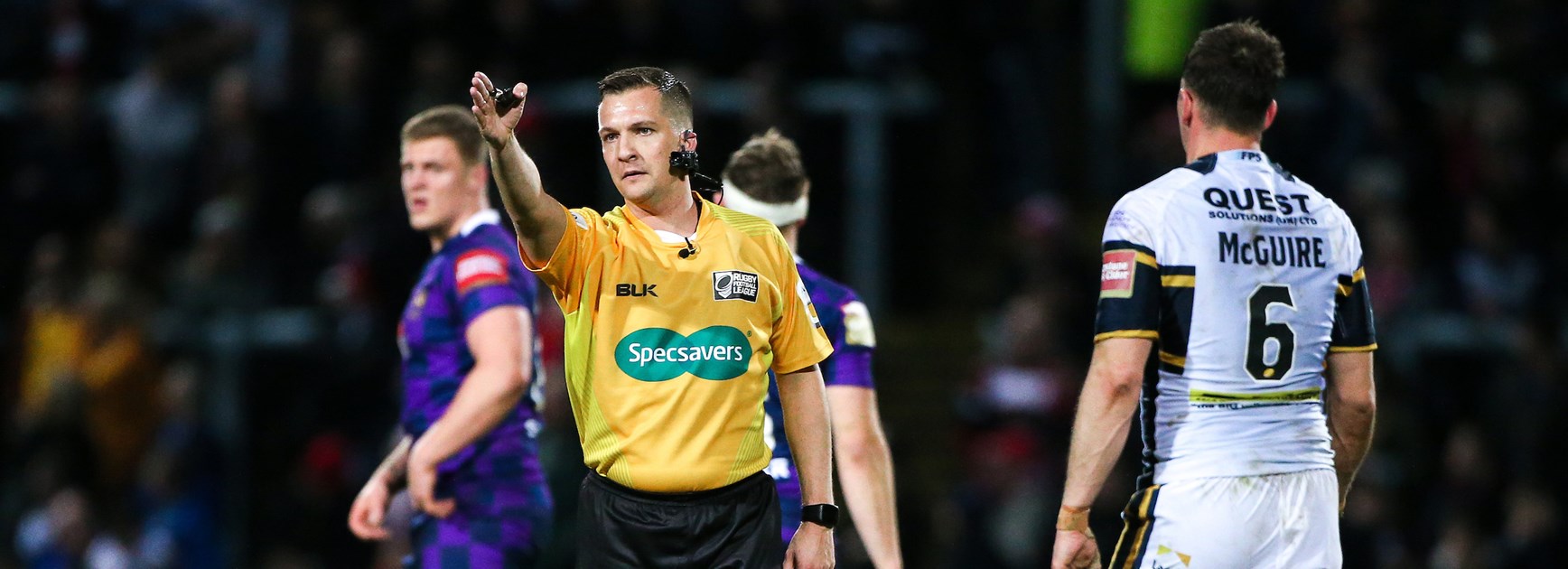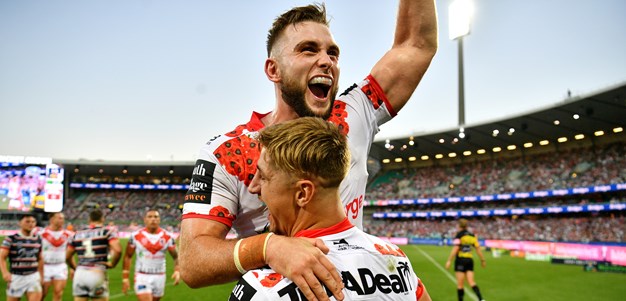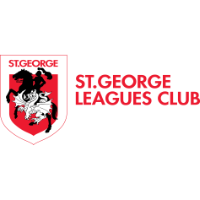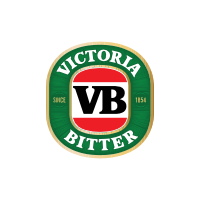
Debate about a return to one referee is all but over, with Super League poised to follow the NRL’s lead and introduce a second referee after adopting golden-point extra time, a reduction from 10 to eight interchanges and shot clocks for scrums and drop-outs for this coming season.
The changes, which also include time off whenever the ball is out of play in the last five minutes of matches, will bring Super League closely in line with the rules in the NRL and the northern-hemisphere competition will also trial two referees this year.
Super League officials said there was widespread support for two referees, particularly among former NRL players who had witnessed improvements first hand since the introduction of two referees for Telstra Premiership matches in 2009.
With the other rule changes likely to increase pressure on match officials as a result of the quickening pace of the game, Super League clubs have given their support for two referees but there was insufficient time to for a second referee to be introduced this season.
Instead, the dual referee system will be trialled this year, with a view to introducing a second referee for all Super League fixtures in 2020.
Best of 2018 - The highs and lows of being a coach
A statement on the Super League website outlining the rule changes said they had been "tried and tested in the NRL".
- The changes have become adopted, accepted and very broadly liked by fans, commentators, players and coaches.
- The shot clock, introduced in 2016, has become a natural, non-enforced part of the fabric of a faster-paced game.
- NRL research into golden point revealed approximately 70% of fans favoured a mechanism to determine the ultimate winner of a game.
The new rules will be in place for next month’s World Club Challenge between Sydney Roosters and Wigan, which is likely to feature a single referee for the last time.
It is unclear whether the changes will flow to international level, with Tests currently controlled by one referee and teams allowed 10 interchanges each, while there is no golden point or shot clock.
Super League will install shot clocks at each of the 12 grounds that regularly stage premiership matches as a visible and pivotal part of the process of reducing the number and length of stoppages in matches and ensuring more action with the ball in play.
Teams will be penalised if they fail to beat the shot clock for scrums (35 seconds) or drop-outs (30 seconds), while sanctions will also be introduced to ensure no more than 80 seconds of match time is used up by each kick at goal.
With the number of interchanges reduced from 10 to eight, the demands on Super League players will become even greater – emphasising the attritional nature of the contest, rewarding the fittest and most mobile players, and providing additional attacking opportunities for the most skilful.
In addition, in the last five minutes of each fixture, the clock will automatically be stopped following a penalty or a drop goal that goes out of the field of play, or a conversion – or after a try, if a team chooses not to take the conversion attempt.
That process will be extended if the scores are level at full-time by the introduction of golden-point extra time, providing two five-minute periods in which to determine a winner.
The 12 Super League clubs proposed the law changes after extensive consultation with players, coaches, fans, commercial partners and the NRL, during and following the 2018 season.
















